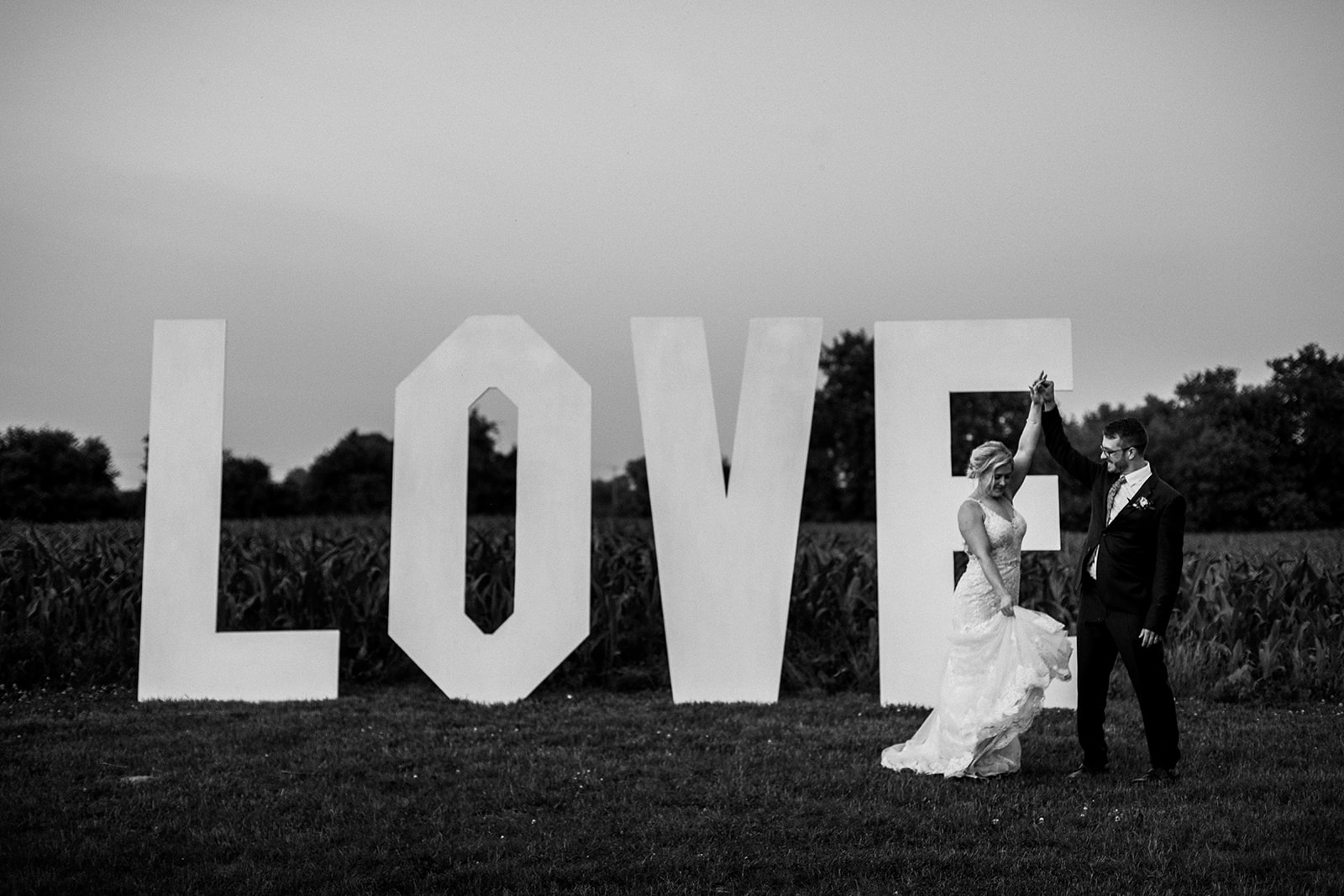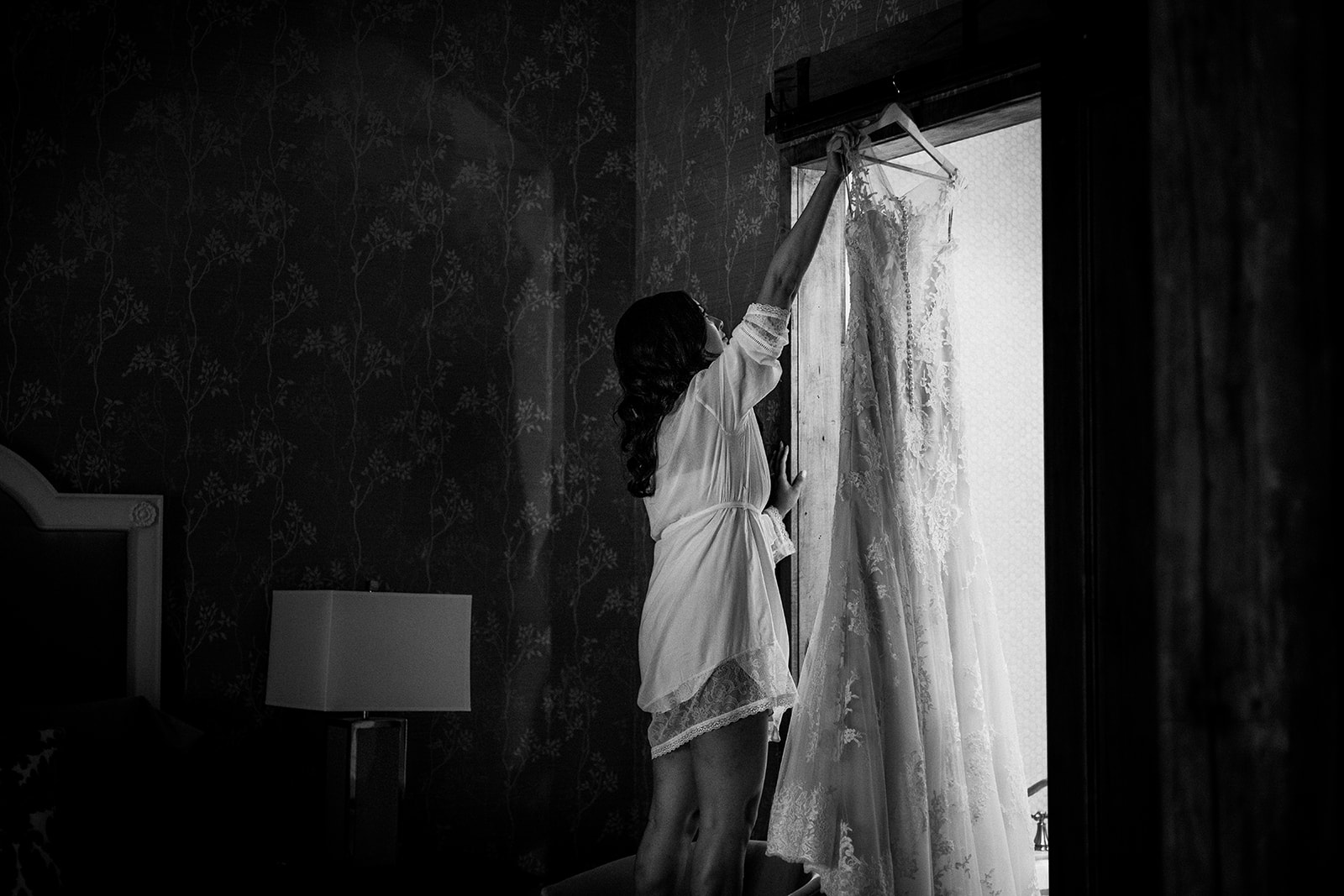3 Red Flags to Watch for when Hiring Wedding Vendors
There’s no question that COVID has changed the events industry and we likely still, at the time of this article, haven’t seen the full effects and impact yet. We can, however, be prepared and learn how to navigate relationships with potential wedding vendors in a smarter way and that’s to know what potential red flags to look for when hiring wedding vendors. COVID and the subsequent cycle of lockdowns in Ontario has rocked small businesses and many are suffering and it’s understandable that couples don’t want to invest into vendors that may not be in business once their wedding date rolls around, so here are 3 red flags to watch for when hiring wedding vendors.
Red flags to watch out for when hiring a wedding vendor: Why it Matters
Red flags matter for a number of reasons – and all of those reasons are about protecting you. The wedding industry is filled with a lot of genuine talent and folks who are passionate about their services but it’s also filled with others who are burned out, trying to make a quick buck, or who actually have a pretty shitty product but are trying to market themselves in a way to get you to not see their true colours.
Knowing how to spot red flags in wedding vendors is the first step in protecting yourself as a consumer and these are the top 3 red flags I think couples should be concerned about:

1. Out of date website
While having a plethora of new social media content may be difficult for vendors to come by during the 14+ months we’ve been locked down and mostly unable to work events, there has been plenty of time for businesses to work on re-vamping their online presence. Having an up-to-date website indicates that the vendor has still been working behind-the-scenes to get their business ready to re-launch post-COVID and is open to sharing any new work they haven’t yet shared with the world.
An out of date website is one of the red flags to watch out for when hiring a wedding vendor and can be an indication that the vendor isn’t providing services anymore or – worse – is on their way out of the industry and doesn’t want to invest time in their website for the sake of a handful more clients to work with. If a vendor isn’t willing to invest in themselves and their business, they certainly won’t be willing to invest in you and your wedding.
Signs of an outdated website include:
- Images on the website that have a different esthetic/style than the more current ones they’re posting on social media
- Their blog dates are hidden (so yo don’t know when the last time they updated it was)
- They claim to be inclusive but still use non-inclusive language throughout their site
- Footer dates still say 2018 (or another wrong date)
- They make references to dates that are more than a year ago (ie: our 2018 pricing… uh… it’s not 2018 anymore)
- Their site isn’t mobile friendly or has a crappy mobile interface
- The website loads slowly
- The website looks dated
- They freaking play music when you look through a gallery (what is this, MySpace?)
- They still use java or other outdated technology

2. No contracts or very generic contracts
If there’s anything we’ve learned through COVID it’s that a properly created contracts is one that shares risk between both the client and the vendor. Contracts need to be balanced and have very specific wording in order to offer said protection. If you want one of the biggest red flags to watch out for when hiring a wedding vendor, it would be someone who tells you that you don’t need a contract to proceed or they give you the shortest little contract that has nothing in there to protect you (or them) and only references money and service dates.
Contracts are long, boring and take the romance away from wedding planning – but they are 100% necessary. If the contract you’re given isn’t at least a few pages and paragraphs, run.

3. Willingness to let you ‘name your price’
Desperate times call for desperate measures… if a vendor is willing to heavily discount just for a ‘chance to work’ that’s a really, really bad sign. While low prices isn’t necessarily a red flags to watch out for when hiring a wedding vendor, a huge reduction in prices most certainly is.
When a vendor is willing to work for incredibly reduced rates, basically letting you name your price, it’s a sign that they are struggling financially. Couple that with them requiring a large deposit (over 50%) or asking for full payment upfront as a part of the ‘deal’ they’re offering you and you need to run from that red flag. These are signs that the business is struggling and may not survive until your event date. Remember – if a business files for insolvency, you’re not getting any money back. Are you willing to risk losing it all in the long run to save a little now?

A note on Communication + Reviews
A lot of other sites mentioned that communication and reviews and pre-COVID I would have said that this is relevant, but there’s an asterisk on these elements now and I’ll explain why.
First, reviews were weaponized by many couples during COVID; if they didn’t like the vendors policies (policies they agreed to when they signed the contract) they not only left nasty reviews but had their friends and family also bombard the business with poor reviews too. There are a lot of wedding vendors in Toronto and worldwide who have suffered from negative reviews and full-on smear campaigns so if you see a vendor with a lot of 1-star reviews, have a look at the dates of those 1-star reviews. If they came in during a relatively similar timeframe, you can pretty much just disregard them because it’s a sign that that business owner has been targeted. If, however, the negative reviews have been consistent and started happening even before COVID, then that’s an entirely different story. Real reviews are worthy of your time and consideration but weaponized reviews are not.
Second, there’s a big difference between crappy communication and communication that has had to change as a result of the effects of COVID. One of the most difficult things small businesses have had to face with COVID is the expectation from clients (or potential clients) that they are available 24/7 for ultra-speedy communication response the same way things were pre-COVID. Many small businesses have an increase in admin work right now and a considerable decrease in resources to deal with that including things like staff layoffs, losing childcare or juggling online learning with your kids with running a business. This has resulted in communication changing for a lot of small businesses – but change isn’t a bad thing as long as folks are aware and the process is transparent.
Changing communication may look like a vendor who has an auto-responder on to advise you of delayed response times due to extenuating circumstances (acknowledging + transparent) while crappy communication looks like ghosting for weeks at a while while the business is obviously online and posting to socials and doing other things while actively ignoring your emails. The difficult thing with a lot of article stating that ‘bad communication’ is a red flag is that they don’t really define what bad communication is and as a result, clients expect vendors to be available 24/7 which simply isn’t sustainable.
So when it comes to reviews and communication, please remember that context is as important as transparency!





